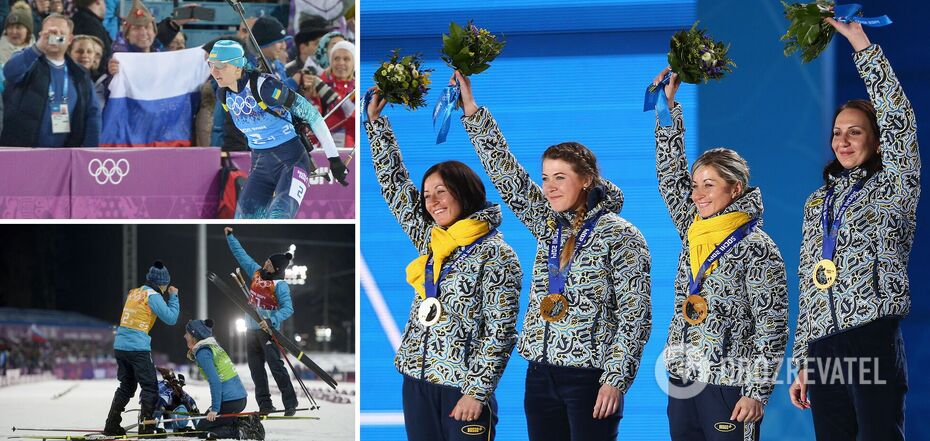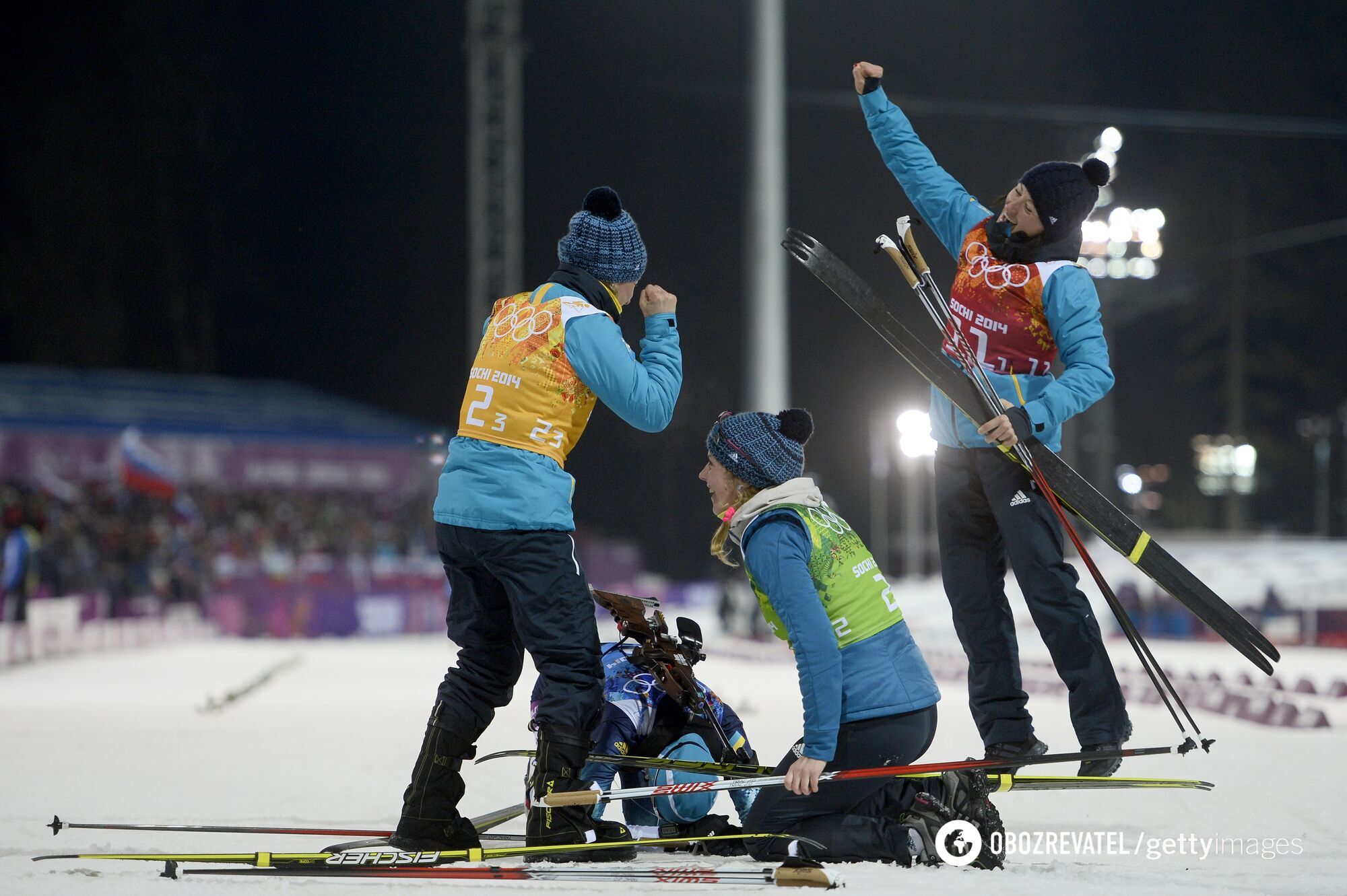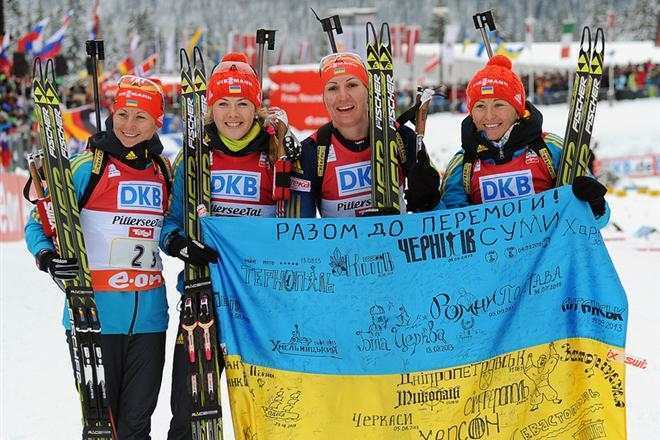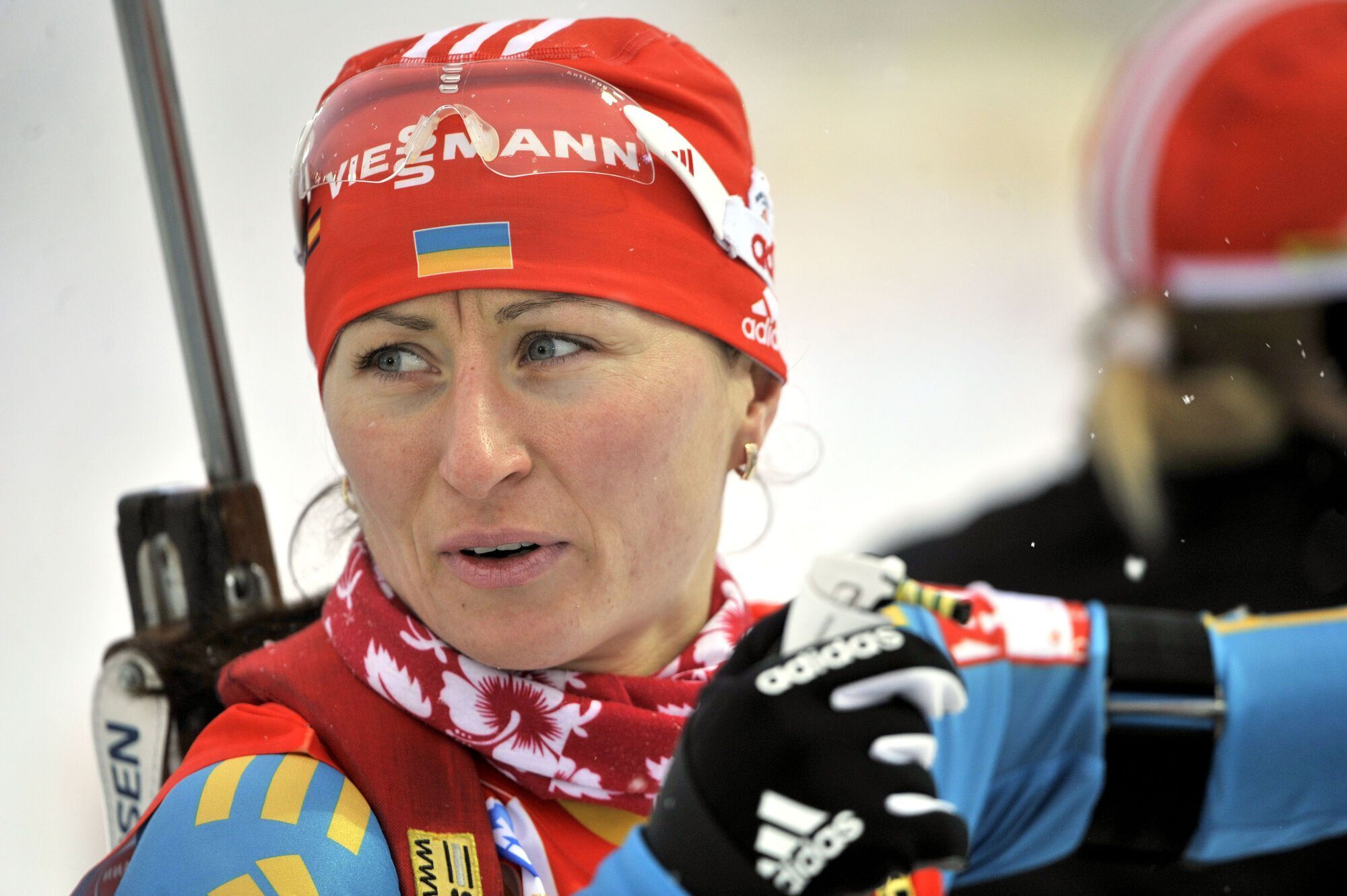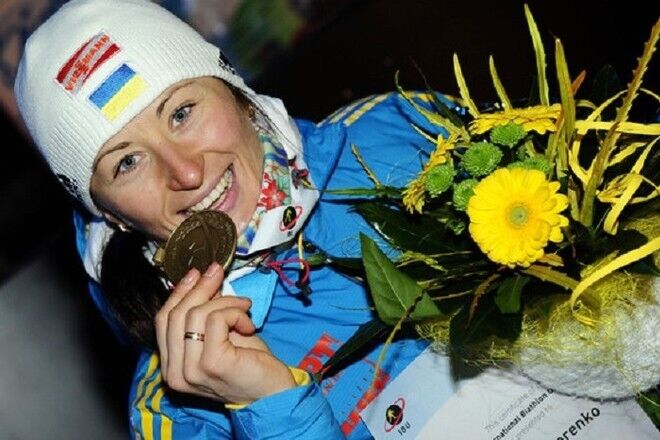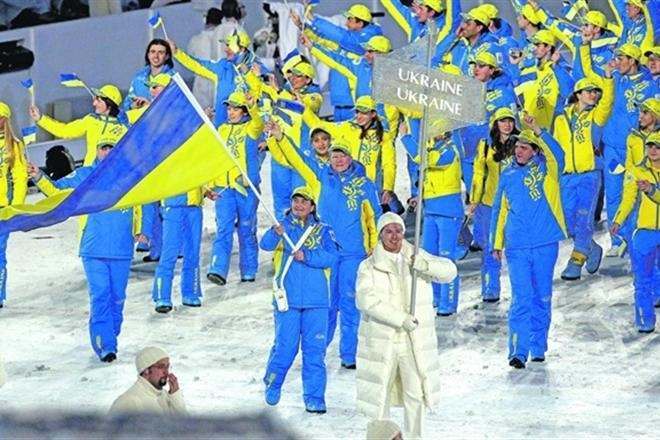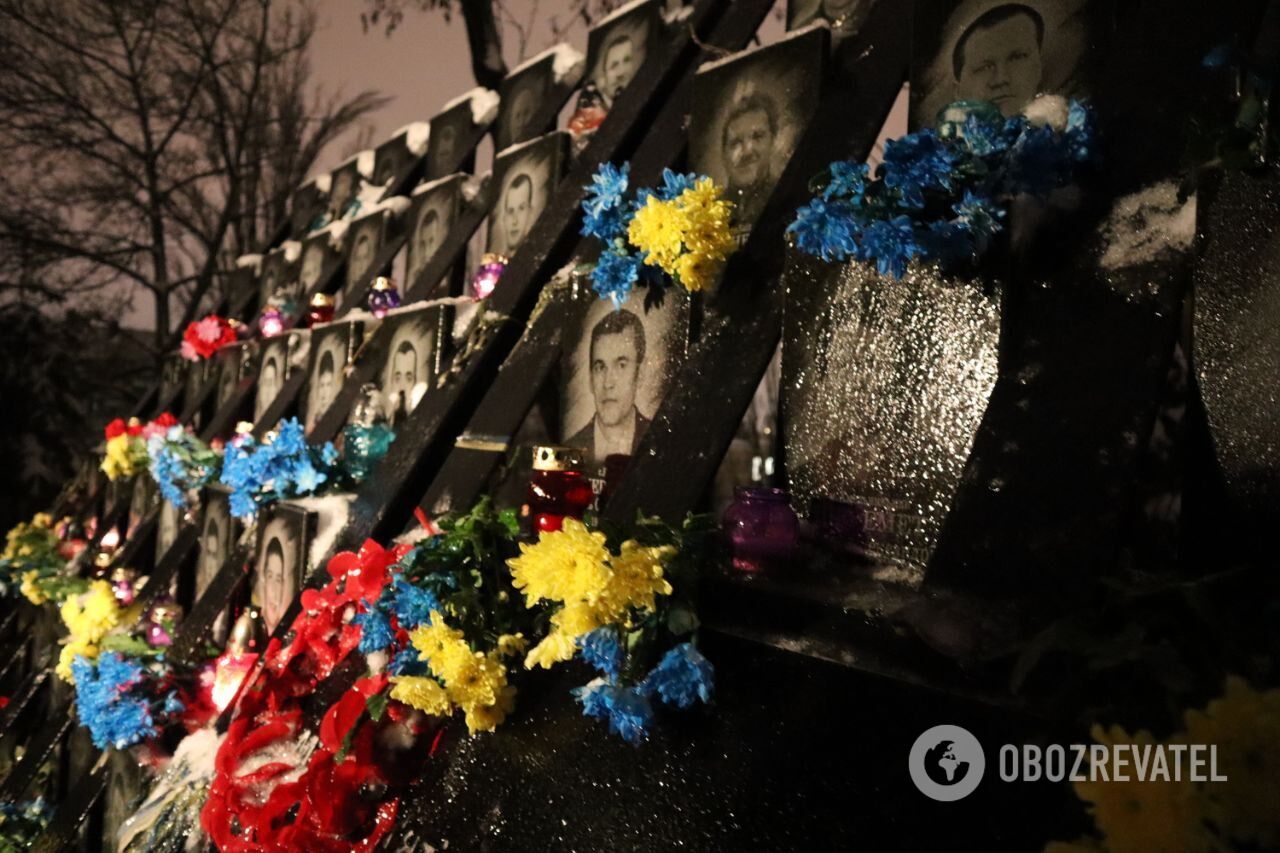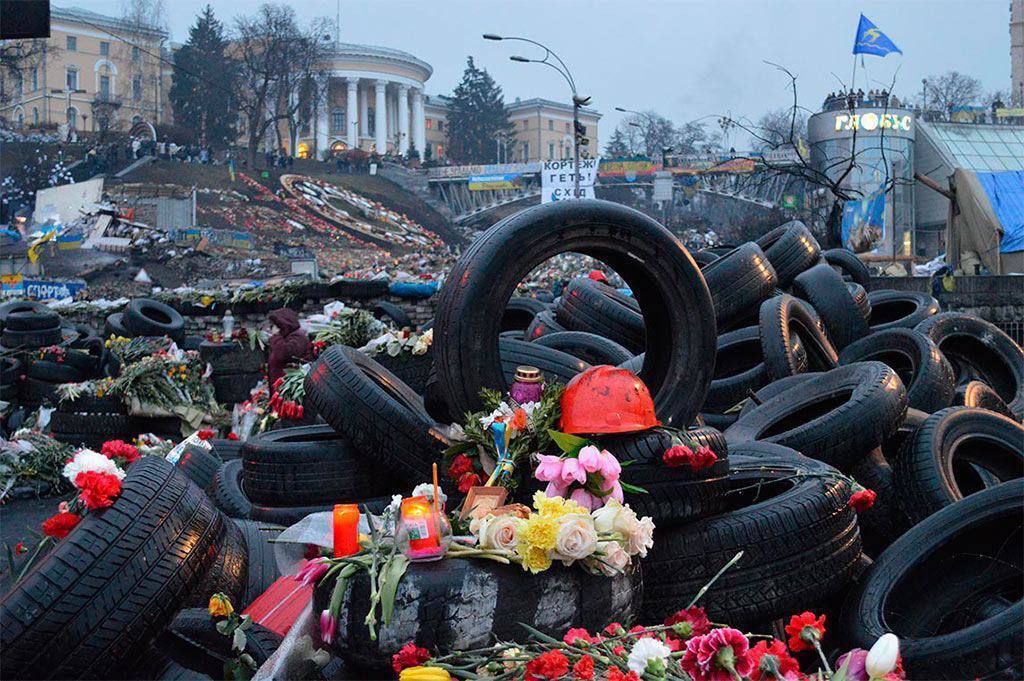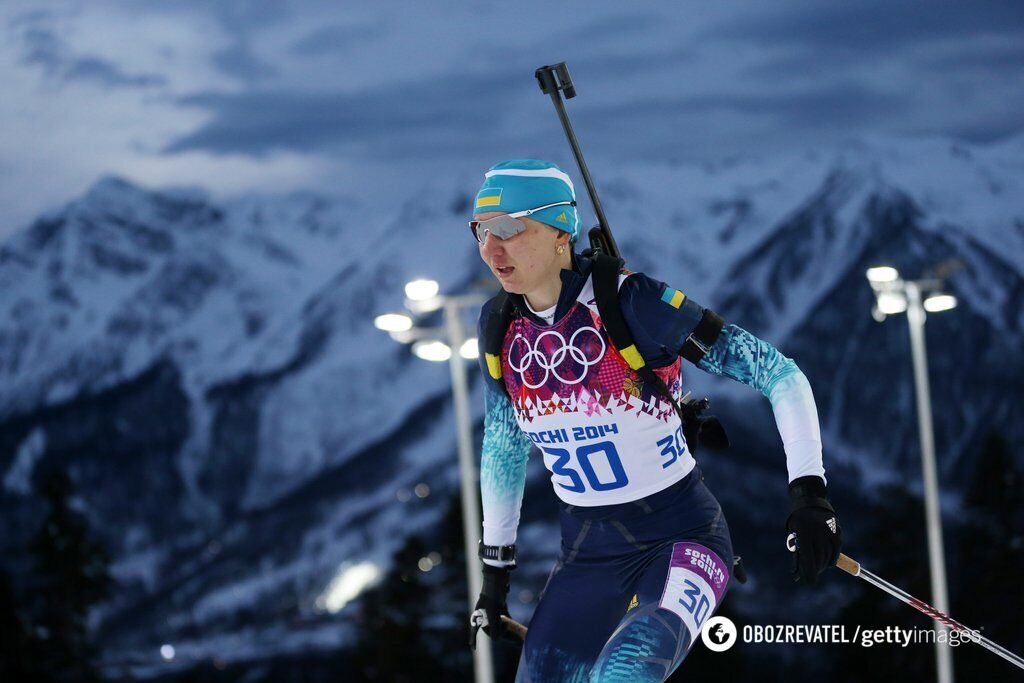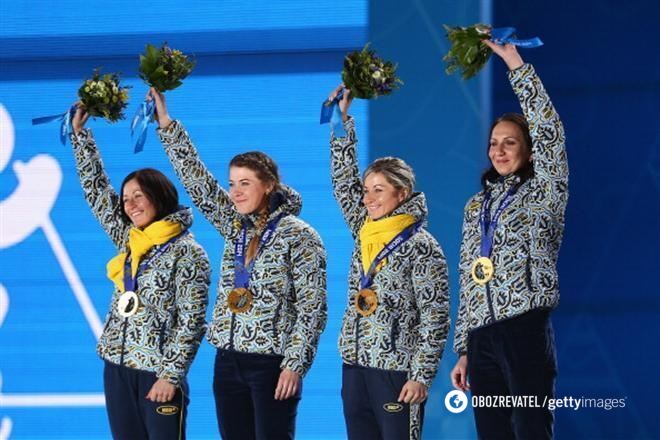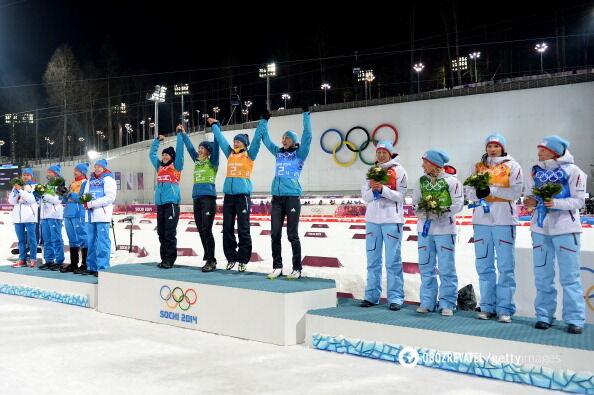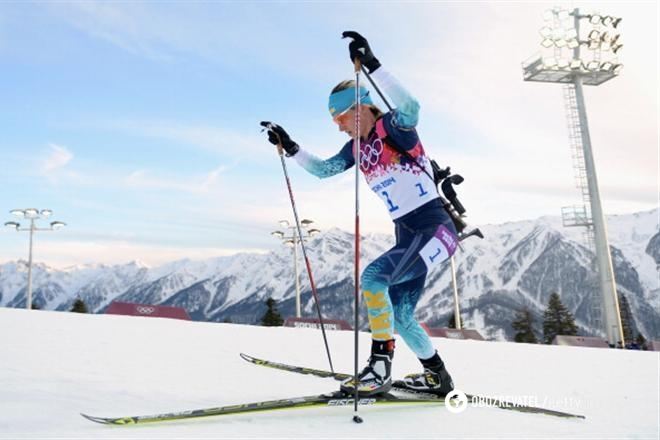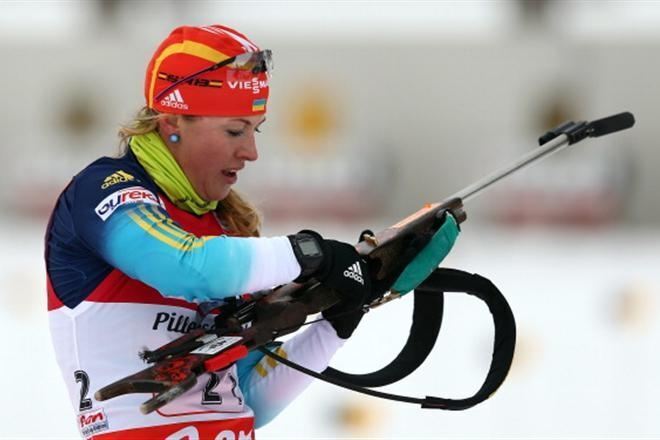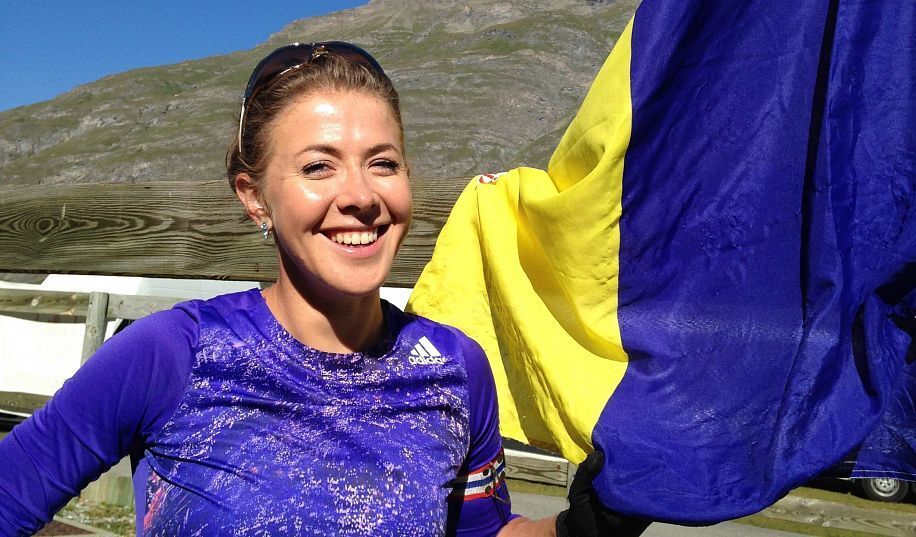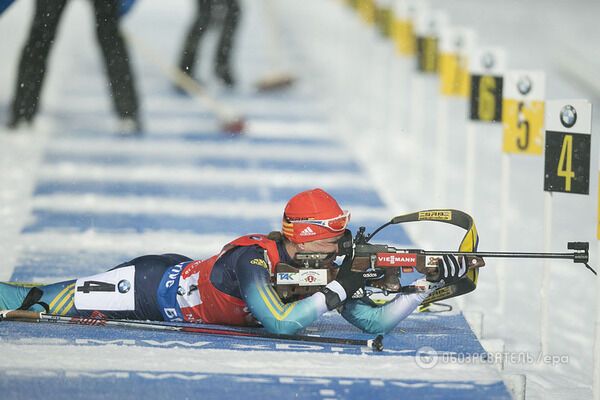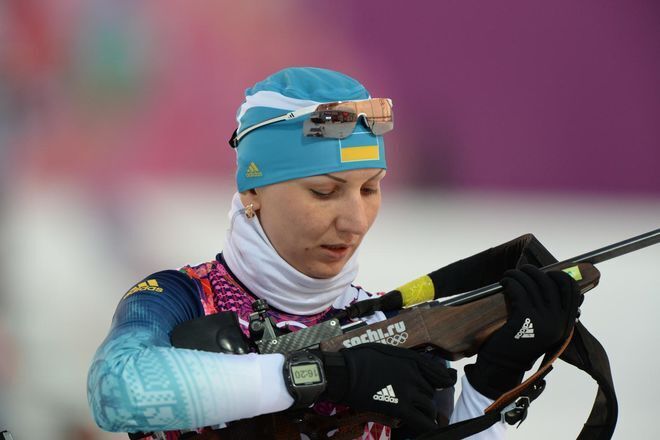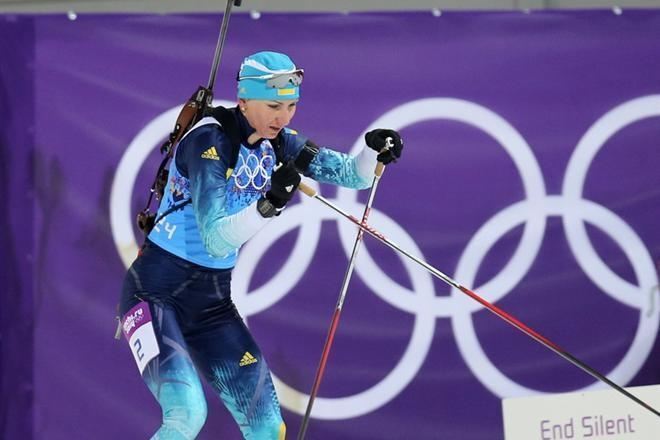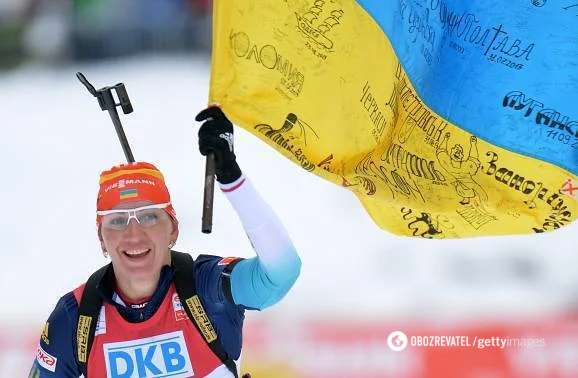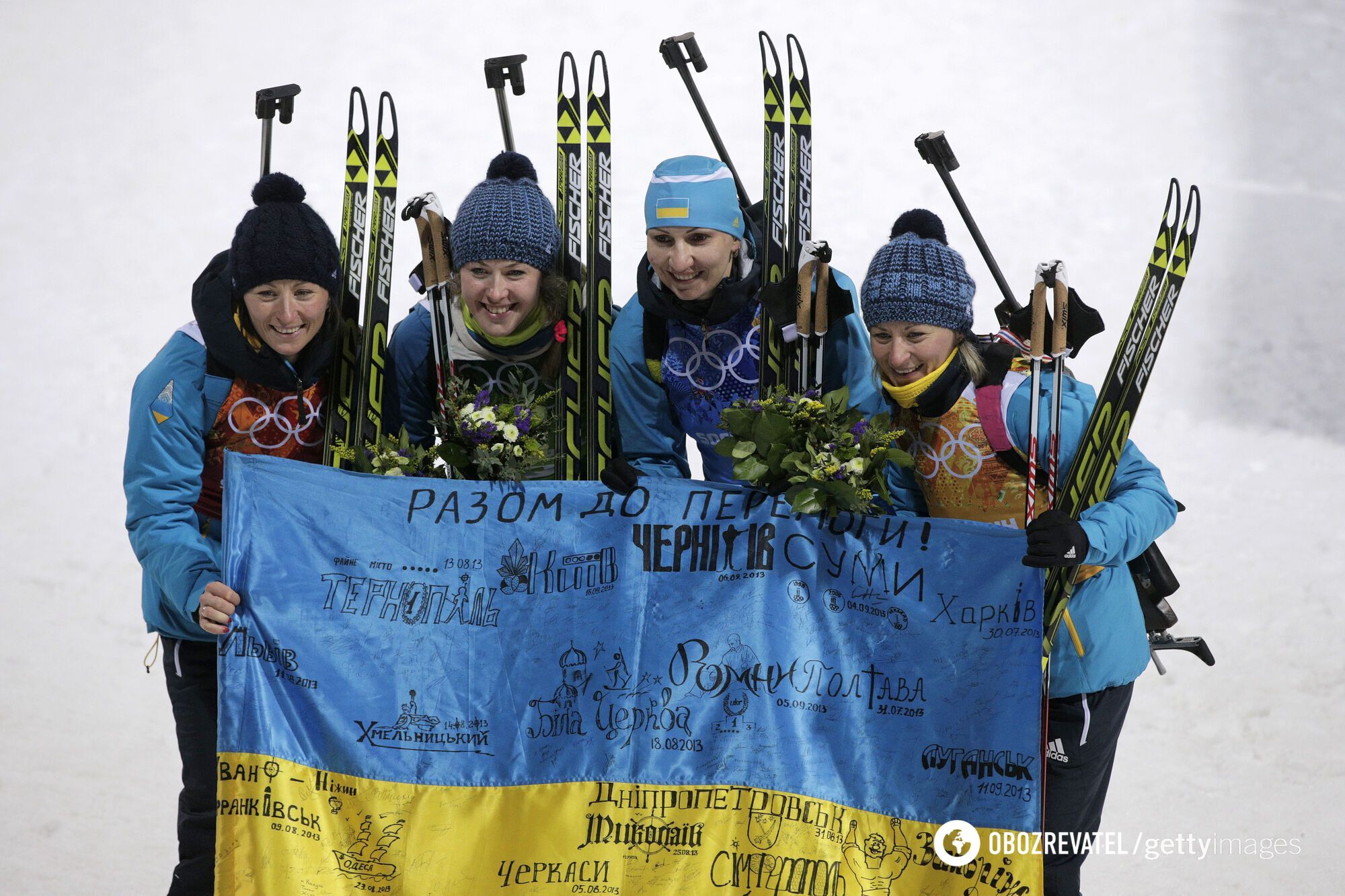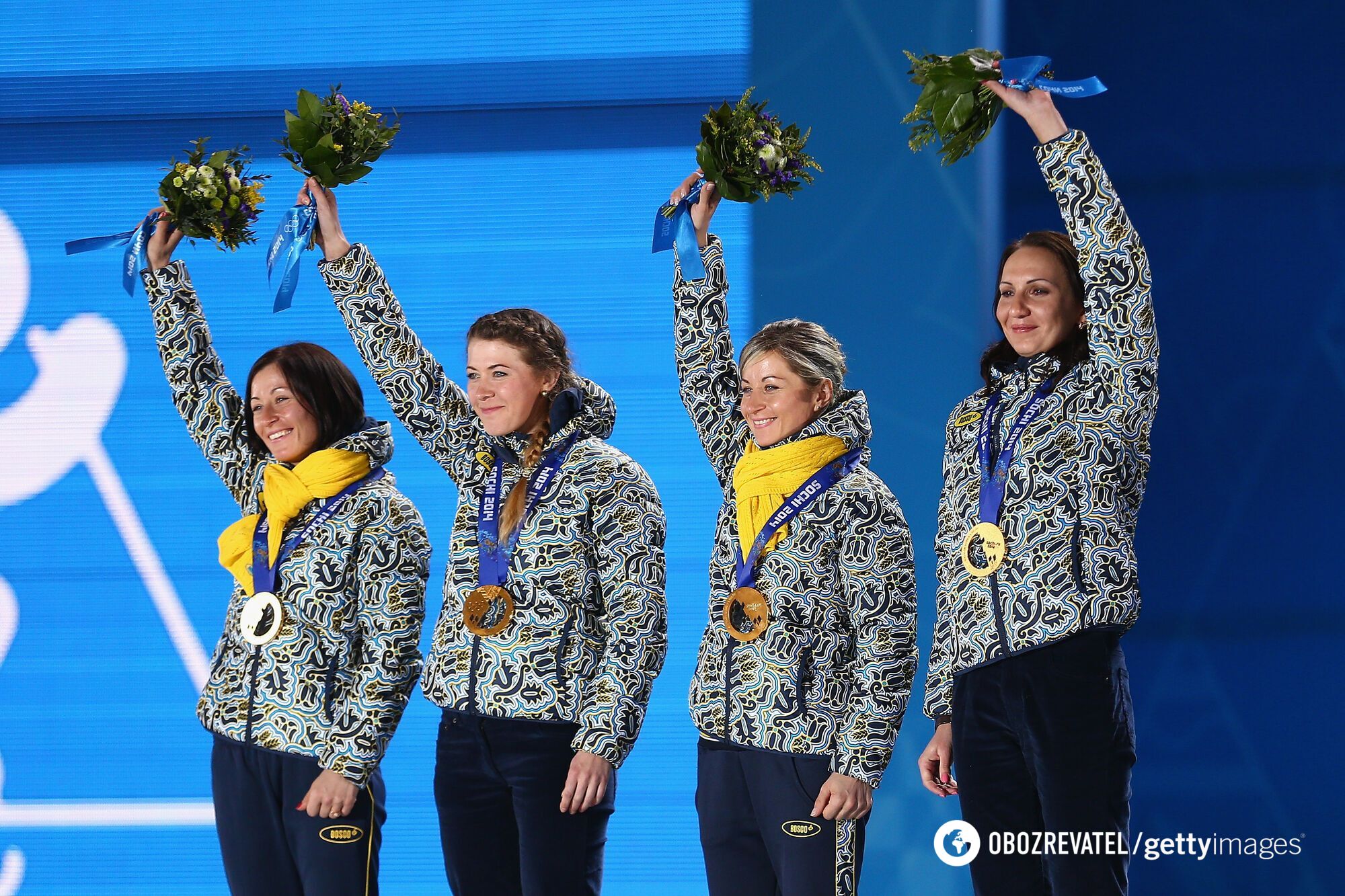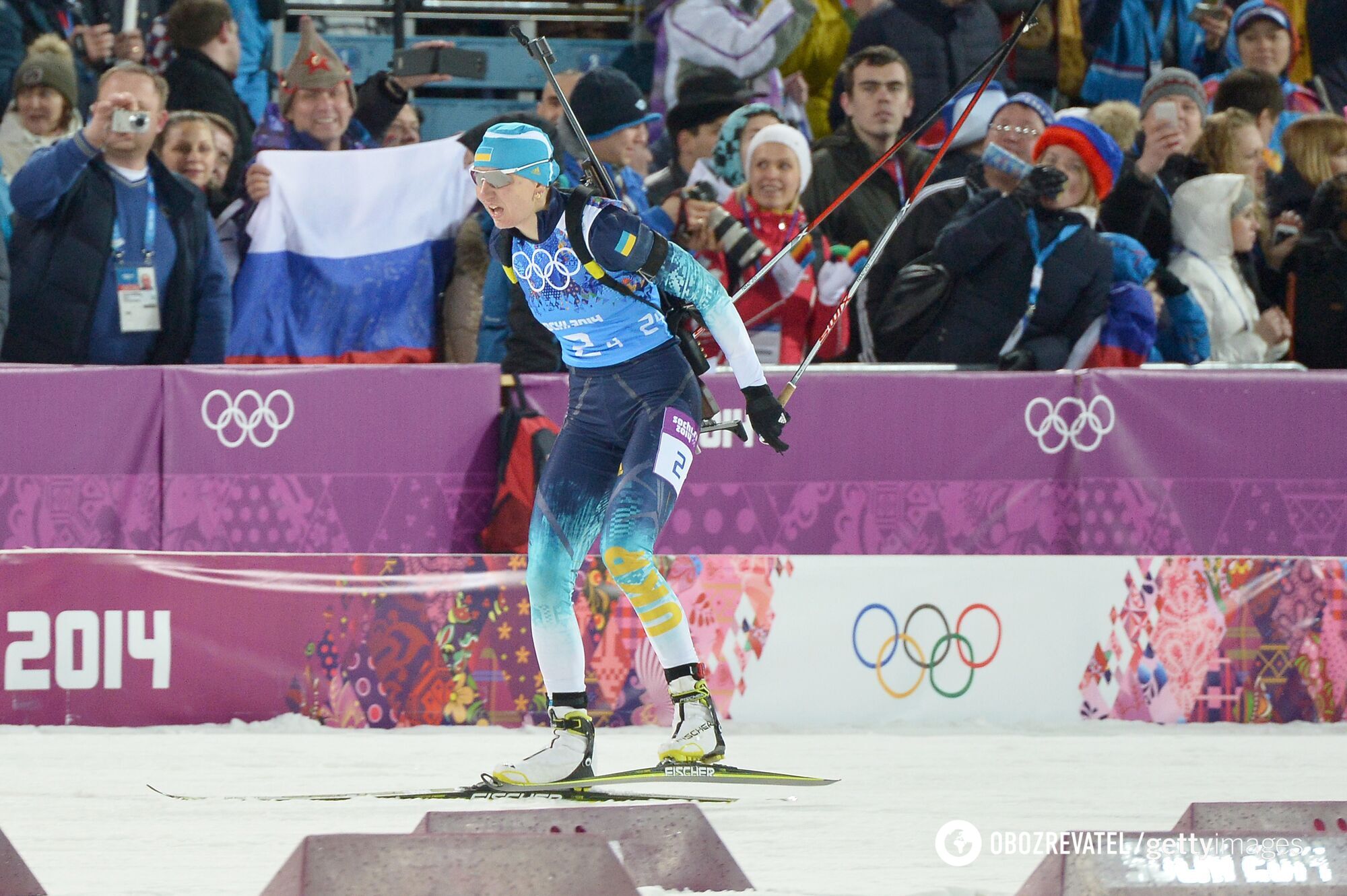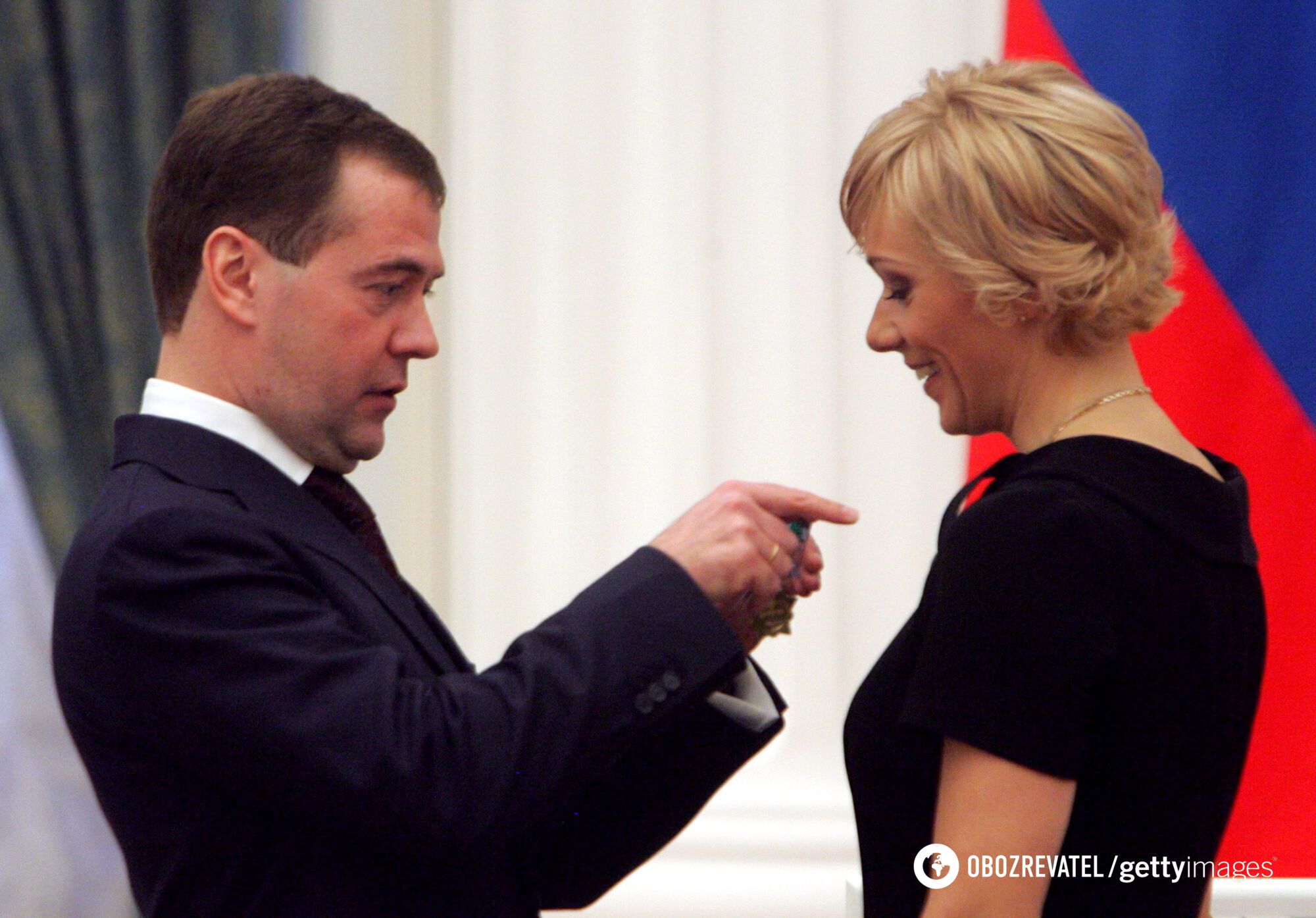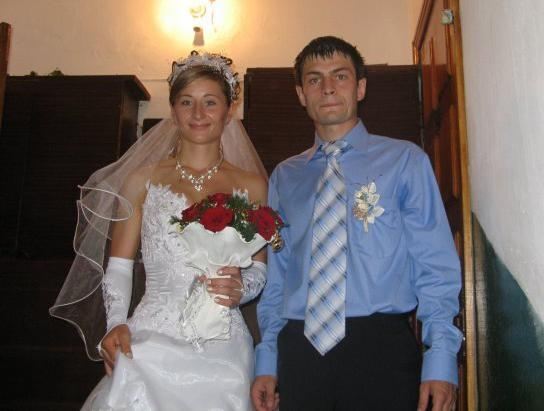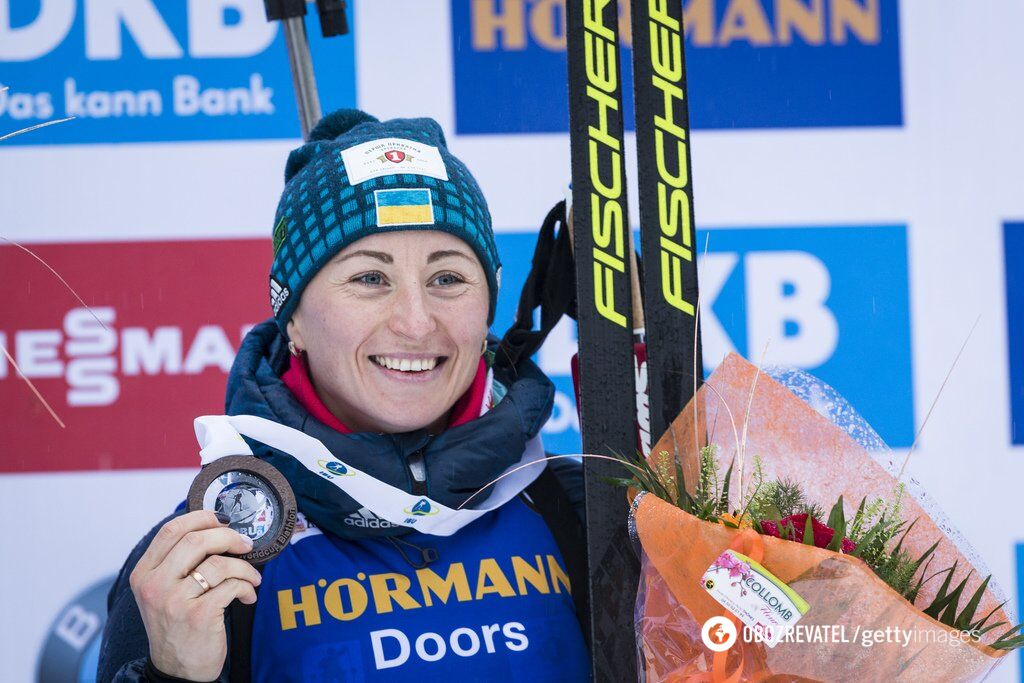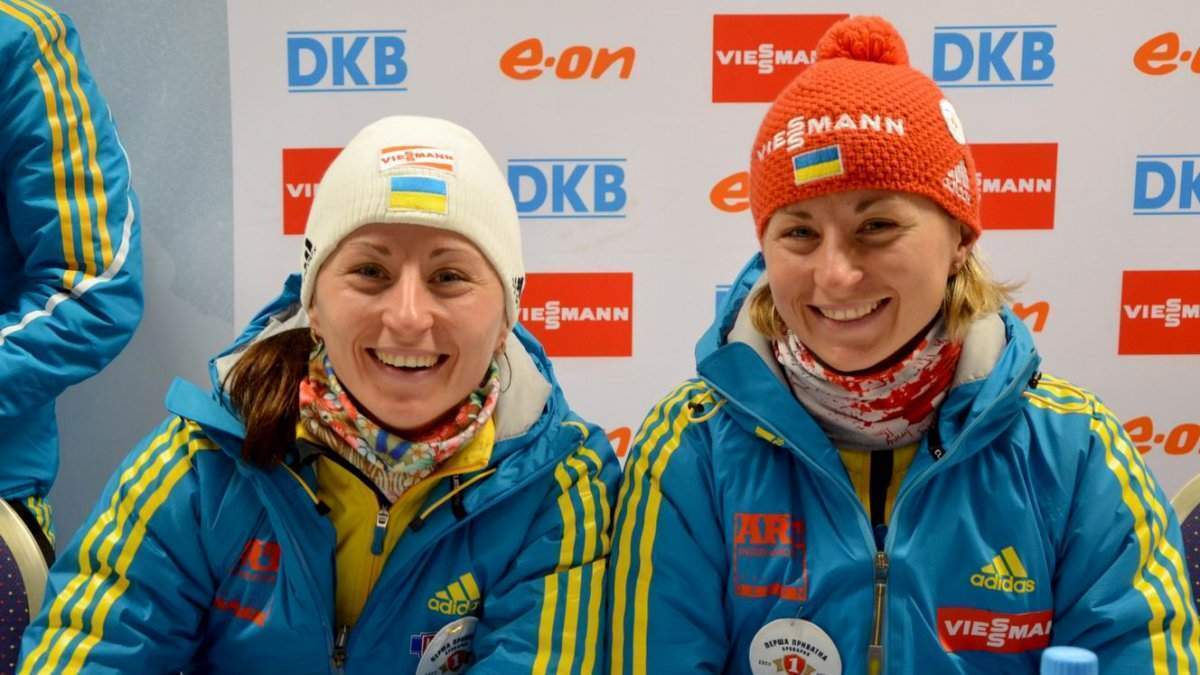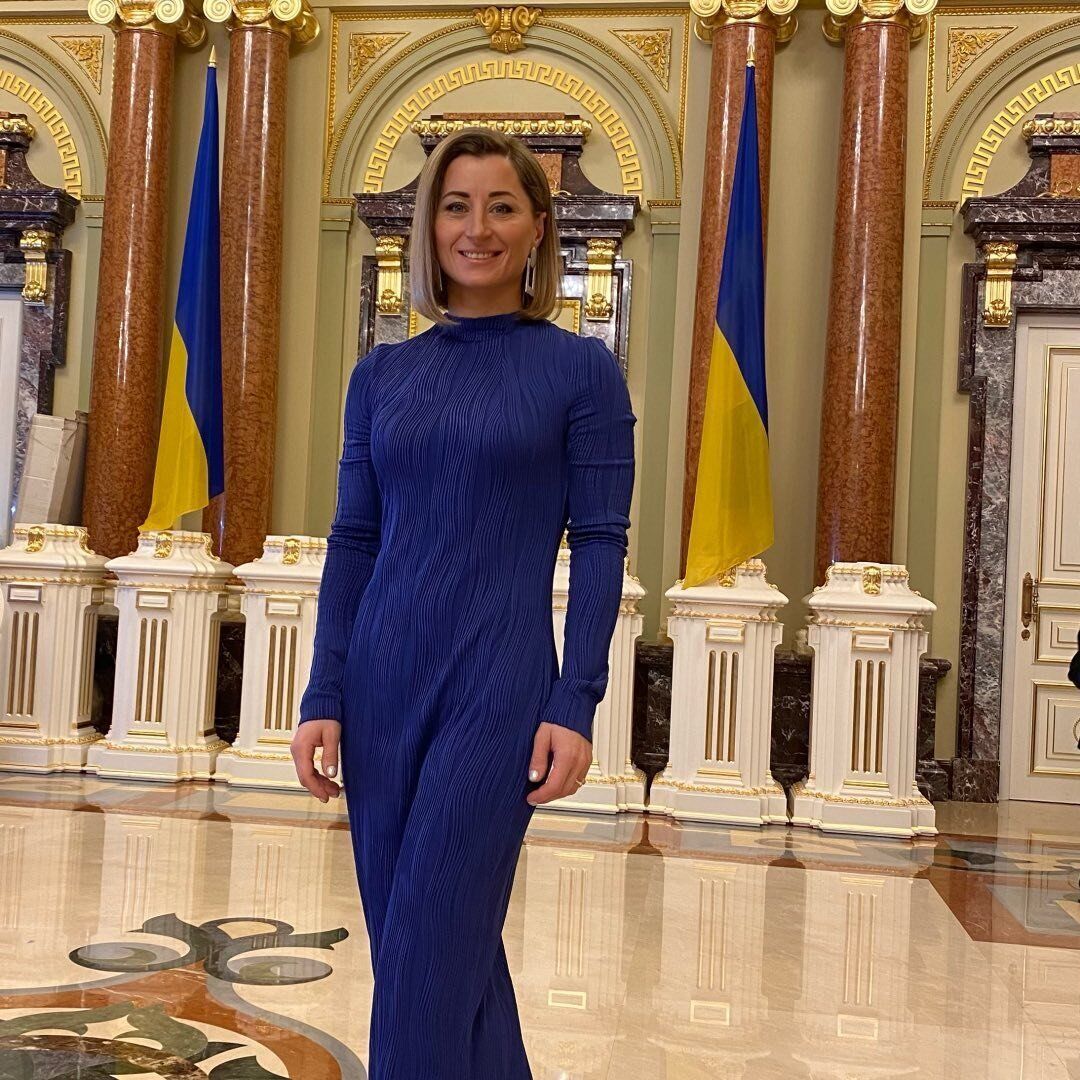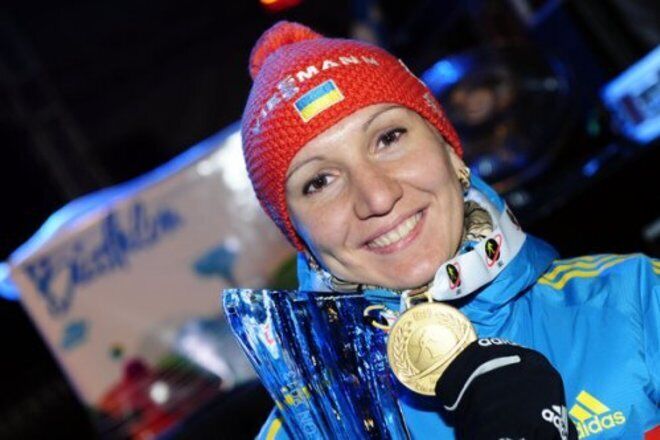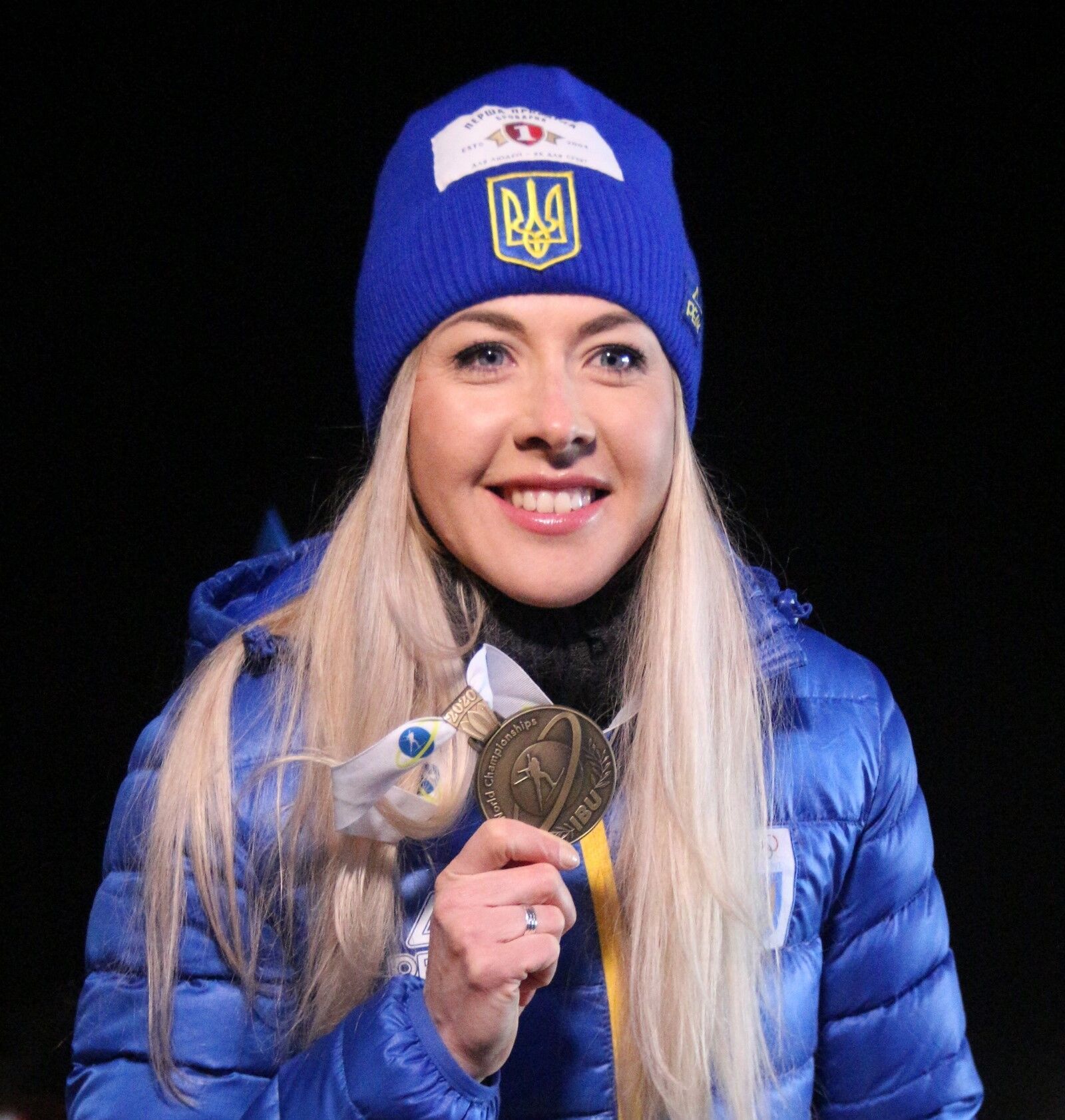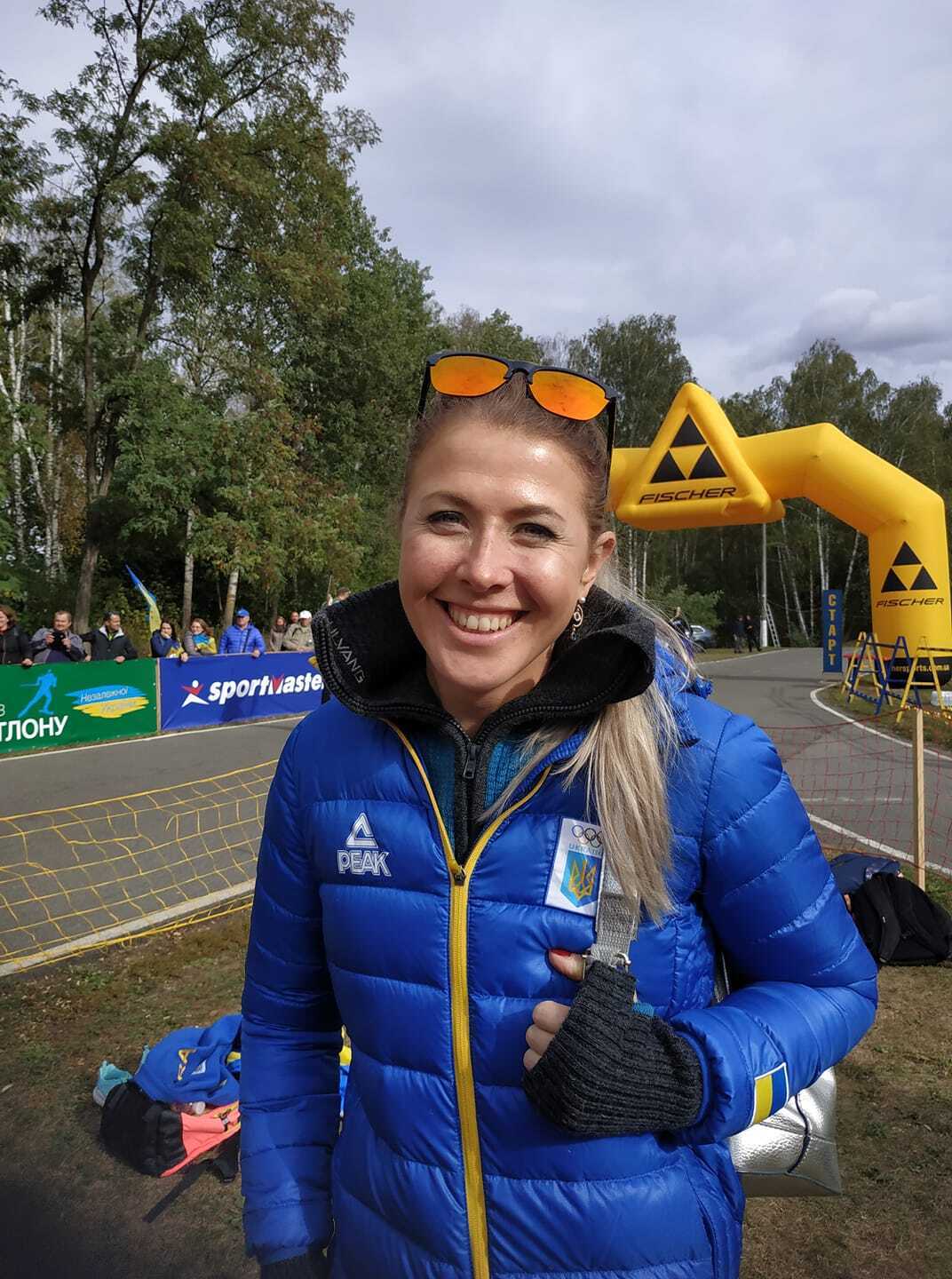News
Russia was preparing a setup for Ukrainian biathletes: how 10 years ago in Sochi 2014 the Olympic gold medal in the relay was won
10 years ago, on February 21, 2014, the relay four of Yuliia Dzhyma, Vita, and Valia Semerenko, and finisher Olena Pidhrushna brought Ukraine its first Olympic gold medal in biathlon, and at such a difficult time for the country. After the shootings on the Maidan, the athletes pulled themselves together and did a brilliant job in Sochi 2014, leaving behind the Russians who were eager to win at home and please their bloody government, which had already begun occupying Crimea.
The women's and men's relay races closed the program of the Winter Games in Krasnodar Krai. And the Russian Federation was planning a good victory for its team and the Kremlin. However, Ukraine was also pinning its main hopes on the women's relay, because the year before, Dima, the Semerenko sisters, and Pidhrushna had become vice-champions of the planet and also won gold at the World Cup.
DEMANDED TO SWITCH SEMENENKO'S SAMPLE
In 2017, Grigory Rodchenkov, head of the Moscow Anti-Doping Laboratory and a World Anti-Doping Agency (WADA) informant, admitted that the Russian authorities demanded that he switch Vita Semerenko's doping sample.
Shortly before the Sochi Olympics, he was approached by former Russian Deputy Sports Minister Yuri Nagornykh with a request to replace the Ukrainian's test at the competition in Moscow: "But I couldn't do that to an innocent athlete. During my work, I changed many positive doping samples to clean ones, but not vice versa."
Rodchenkov noted that Semerenko and other Ukrainian biathletes posed the most serious threat to the Russian relay team during the Games in Krasnodar Krai. And the Russian Federation was not in vain afraid of our four. And especially one of the sisters.
The Sochi Games made Vita Semerenko the only Ukrainian athlete to win two medals at one Winter Olympics. Not only was she a member of the gold medal-winning relay, but she also won a bronze in the sprint. It is no surprise that Vita was the flag bearer of our national team at the closing ceremony.
MAIDAN AND THE SEIZURE OF CRIMEA
However, even without the doping problems, the preparations for the Olympics and the Games themselves were extremely nerve-wracking for Ukrainian athletes. Against the backdrop of the Maidan and talk of Russia's intention to seize Crimea, there were calls to boycott Sochi, saying that our Olympians should not compete on enemy territory.
Then, between February 18 and February 20, 2014, more than 100 participants of the Revolution of Dignity were killed by security forces in the center of Kyiv. And on the eve of the relay itself, on February 20, Russia began the occupation of Crimea - it was then that the first "little green men" appeared on the peninsula, Russian military without insignia, who blocked Ukrainian military units and a week later helped to seize government buildings of the Autonomous Republic.
All these factors certainly affected Ukrainian athletes who received terrible news from home. Olena Pidhrushna admitted that after the individual races she had moments of sadness, and her husband did not even know how to support her or what to say to cheer her up. But everyone managed to get together for the relay.
"We are professionals in our field, we have been preparing for these races for more than 15 years, so despite all the events that are happening at home today, when we went to the start, we thought only about what we had to do and how we had to do it. It paid off," Olena recalled.
THE COMPETITORS WERE OUT OF THE RUNNING
At the very first stage of that lucky relay, two of the competition's favorites dropped out of the race for gold. German Franziska Proeß had problems with her rifle after a fall, which put the German team far behind. And the Frenchwoman Marie-Laure Brunet, who could not hold on to her legs, was unable to continue the race at all. Therefore, the main competitors of the Ukrainian team were Russia and Norway.
Vita Semerenko, much feared in Russia, had a solid first leg, making only one missed shot and passing the baton in the top three with a slight lead.
Next up was the youngest member of the team, 23-year-old Yuliia Dzhyma, who worked the frontier without any extra ammunition. She managed to get away from the Russian and Italian women and put the Ukrainians in the lead before the third stage.
"This season we were one of the strongest relay teams in biathlon. And we were clearly going to Sochi for a medal, but it was unclear which one. The events that were happening at home during this period threw us out of our usual rut. This added even more nerves and adrenaline, and perhaps it made us give our best not 100 percent, but 200 percent and win the gold medal," Yulia recalled.
SEMERENKO ON THE EDGE OF THE ABYSS
The key and most nerve-wracking moment of the entire relay race was Valia Semerenko's standing shooting. The titled athlete made three misses out of the first five and walked on the edge of the abyss, covering the targets with additional rounds. But, thank God, she managed to avoid a penalty lap, and Valia passed the baton to Pidhrushna with a 28-second advantage over her rivals.
Jet-powered Norwegian Tora Berger and Russian Olga Vilukhina did their best to catch up with our finisher, even closing the gap a bit after the prone shooting, where Olena used an extra round. But Pidhrushna, who later competed under the name Bilosiuk, worked the stance without any mistakes and raced to the finish line!
Olena ran the final meters of the course alone with a 26-second lead over Russia, which came in second. The bronze medals went to Norway.
"The whole last lap after leaving the shooting range was very difficult. I knew that Olia shot fast and she was dangerous, as was Tora Berger. I had almost no strength left. I ran the whole lap through "I can't". The coaches told me to keep my pace, and I kept telling myself that we had to win today, even though my legs were already giving out," the future Bilosiuk later admitted.
"MISS, FALL"
After the race, our biathletes complained that the Russians, in their "best" hospitality traditions, were cheering against them at the stadium, behaving aggressively and shouting all sorts of insults along the course.
"Today we saw how Russian fans rejoiced at Valia Semerenko's misses, how they shouted at us along the track, remembering the war, how they shouted: "Miss, fall"... I was running, and I couldn't believe that they could shout such things. These are not the kind of people who go out on the track and cheer for sports," Pidhrushna later noted.
For Ukraine at the time, this award was only the second gold medal at the Winter Olympics after figure skater Oksana Baiul won at the 1994 Games. And Sochi had to listen to "Not Dead Yet". And it's not for nothing that they say you shouldn't dig a hole for someone else... After all, Russia lost even its relay silver after a while.
On November 27, 2017, the IOC disqualified Russians Vilukhina and Yana Romanova for doping and deprived the Russian national team of the relay award. On December 1, 2017, Olga Zaitseva was also punished. Although Vilukhina and Romanova were later miraculously acquitted by a scandalous CAS decision, Zaitseva failed to appeal her disqualification, so the medal for the team race was not returned to her.
FOUR MORE TIMES
It is interesting that after the 2014 Olympics, our champion biathletes competed together only four times. This is due to the fact that at first, Pidhrushna took a break, and managed to work at the Ministry of Sports. And then Vita Semerenko went on maternity leave, returning to the World Cup stages only in the 2017/2018 season.
Before the 2022 Winter Olympics, Vita remained the most titled Ukrainian winter skier. At the last Olympics, however, she was beaten by freestyle skier Oleksandr Abramenko, who added a silver medal to his Pyeongchang 2018 gold medal in Beijing. Semerenko, on the other hand, failed to make the team for the Chinese Games.
Today, of the Sochi 2014 gold medalists, only 33-year-old Yuliia Dzhyma continues her career. Although Pidhrushna has won three more World Cup medals in the relay since returning to the sport, competing in her crown final stage, and ran at the World Cup just last season.
Only verified information on our Telegram channel Obozrevatel and Viber. Do not fall for fakes


